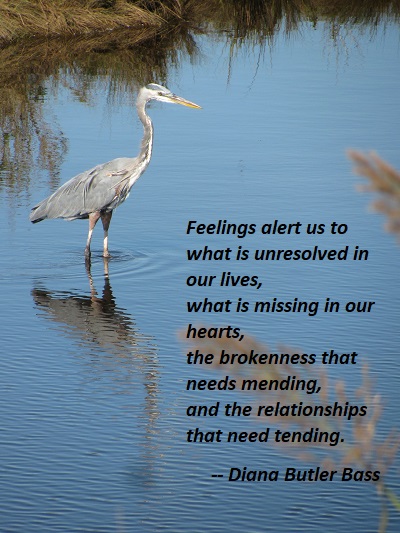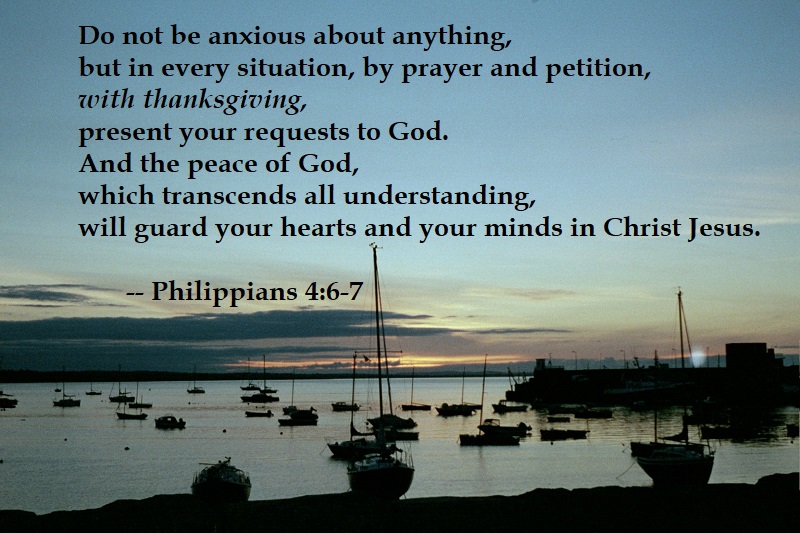What Feelings Tell Us
I am not a psychologist. But, over the years, I have learned that emotions — whether positive or negative — do not behave very well when ignored or pushed aside. A good life, including healthy spirituality, incorporates the wide range of human emotions relating to each other in ways that make each of us unique and open us to a sense of purpose and meaning. Maturity is acting in a manner consistent with our inner reality, integrating feelings with intellect and integrity. Maturity is being fearless in face of emotions and owning up to feelings denied or derided.
Emotions do not tell us that climate change exists or who the president of Zimbabwe is. They are not “facts” in the way that scientific or historical data are. But feelings are the data that point toward our inner realities. Feelings alert us to what is unresolved in our lives, what is missing in our hearts, the brokenness that needs mending, and the relationships that need tending. When we do not feel grateful, something is blocking the feelings — and whether that something is learned or feared is important to explore.
— Diana Butler Bass, Gratitude, p. 34-35
[Photo: Assateague Island, October 24, 2016]

